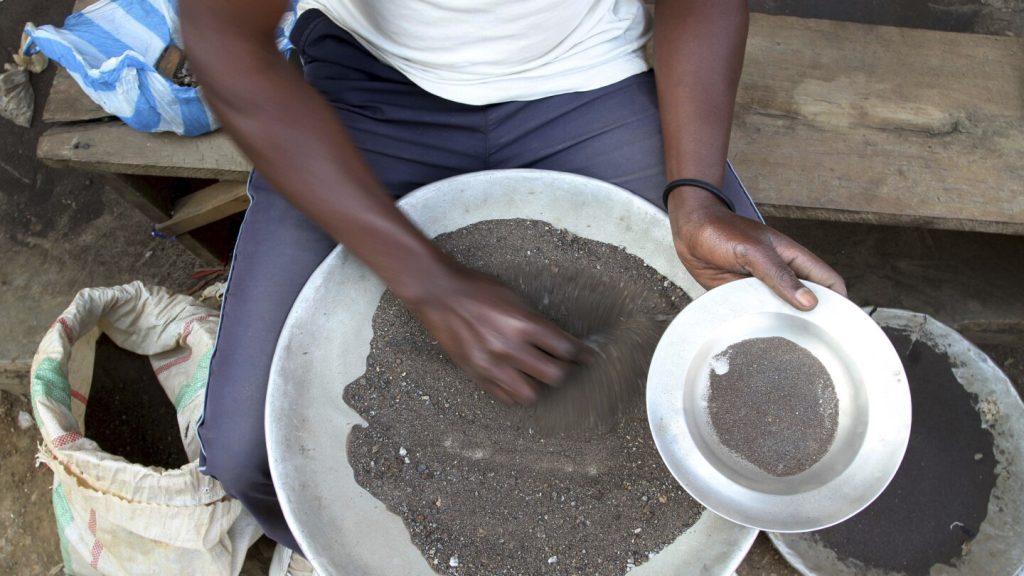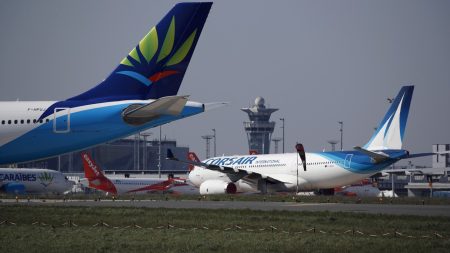Congo’s government has reached out to Apple, questioning the tech giant about its knowledge of “blood minerals” from a conflict zone in the African country that could potentially be smuggled into its supply chains. The government is demanding answers within three weeks, citing concerns about human rights violations involving minerals extracted from mines in Congo’s troubled east region. A group of international lawyers representing Congo sent letters to Apple’s CEO Tim Cook and its French subsidiary, requesting more transparency about how the company monitors its supply chains in a region plagued by armed rebel groups and mass civilian killings.
The lawyers accused Apple of selling technology made with minerals sourced from a region where grave human rights violations are occurring, leading to devastation of the Congolese population. The situation in eastern Congo, known for its mineral-rich resources, has led to a humanitarian disaster with armed groups vying for control of mines and millions of people affected by violence. Apple, valued at around $2.6 trillion, has denied using minerals from regions where human rights violations take place, stating it conducts business ethically. However, the Congo government feels Apple’s claims lack concrete evidence and has raised suspicions that minerals sourced by the tech giant may be smuggled out of Congo to neighboring countries.
The Congo government is particularly concerned about the sourcing of tin, tungsten, tantalum, and gold, known as the 3TG critical minerals, which are key components in electronics. There are suspicions that these minerals are being smuggled to neighboring Rwanda and infiltrated into the global supply chain. Congo has accused Rwanda of financing armed rebel groups in eastern Congo to extract minerals illegally, leading to tensions between the two countries. The lawyers representing the Congo government highlighted a report by Global Witness claiming that Apple has not implemented meaningful measures to avoid using smuggled minerals, suggesting some level of responsibility on the tech company’s part.
Congo is seeking effective action against end-users of “blood minerals” worldwide, and has requested Apple to respond to questions regarding its supply chain controls within a specified timeframe. The government is also compiling a report on the laundering of Congo’s minerals by Rwanda and private entities, which will be made public soon. There are discussions about potential legal measures that the Congo government may consider against Apple. This situation brings to light the complexities of global supply chains and the challenges of sourcing minerals from conflict-affected regions, shedding light on the ethical responsibilities of tech companies like Apple in ensuring human rights and ethical practices are upheld in their operations.














